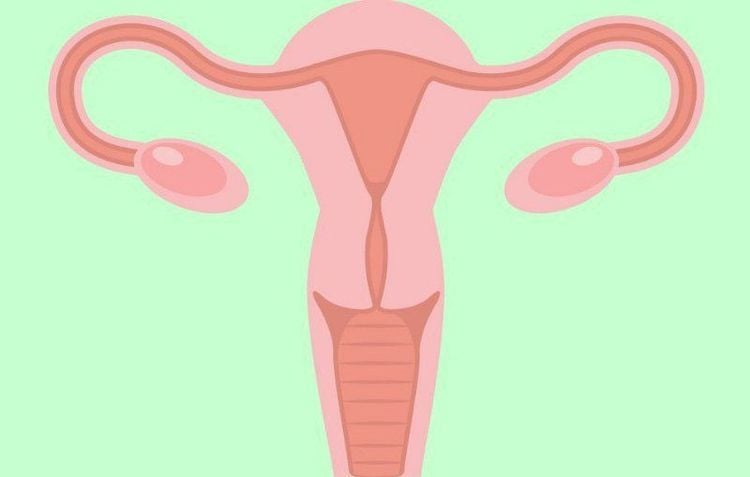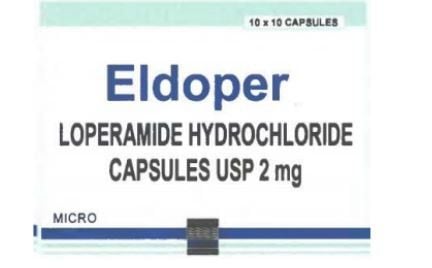Bowel adhesion after a C-section is a common condition that needs prompt treatment. If left untreated, food obstruction may occur, causing painful symptoms that affect the patient’s quality of life and potentially leading to life-threatening complications.
1. What is bowel adhesion after cesarean delivery?
Bowel adhesion refers to bands of fibrous tissue that form between abdominal organs and tissues. Normally, internal tissues and organs have smooth surfaces, allowing them to move freely as the body moves. This condition causes organs and tissues to stick together unnaturally.
This condition is commonly seen in individuals who have undergone surgical procedures such as cesarean delivery, appendectomy, or gallstone surgery.
Symptoms of bowel adhesion after cesarean delivery:
- Abdominal pain: May worsen with stretching movements, such as reaching for objects or bending.
- Pelvic pain
- Other symptoms:
- Cramping, nausea, vomiting
- Bloating, constipation, and loss of appetite
- Difficulty urinating or urinary retention
- Nutritional deficiencies and anemia due to poor appetite and malabsorption
- Depression associated with persistent discomfort
Women with prior surgical scars, pelvic inflammatory disease, or gynecological conditions such as endometriosis may have a higher risk of bowel adhesion.

2. Is bowel adhesion after cesarean delivery dangerous?
If undiagnosed and untreated, bowel adhesion after cesarean delivery can lead to severe complications, including:
Bowel obstruction:
Adhesive bands can block the intestinal lumen or pull loops of bowel, obstructing food passage. Symptoms may include:
- Loss of appetite, dry skin, dry mouth
- Thirst, reduced urination
- Nausea, vomiting, abdominal pain, and bloating
- Constipation, accumulation of food and gas in the intestines, and fever due to intestinal inflammation
Bowel necrosis:
Adhesions can cause bowel twisting, cutting off blood flow to the affected segment and leading to necrosis. Symptoms include:
- Severe cramping pain over a background of dull pain
- Gurgling sounds in the abdomen, nausea, vomiting, and rectal bleeding
Infertility:
Adhesions in the uterus or fallopian tubes may cause infertility or ectopic pregnancy.

3. How is bowel adhesion after cesarean delivery treated?
Treatment depends on the severity of adhesion and the clinical symptoms:
- Mild cases: Patients may recover with supportive care, including rest and dietary adjustments.
- Severe cases: Surgery may be required to release the adhesions and restore intestinal or reproductive function.
4. How can bowel adhesion after cesarean delivery be prevented?
Women who undergo cesarean delivery are usually discharged 10 days post-surgery. To promote healing and reduce the risk of bowel adhesion, they should follow these guidelines:
- Proper posture: Lie on your side with a pillow supporting your back to reduce tension on the incision. Avoid lying flat.
- Gentle movement: Start light activity soon after surgery to improve intestinal and gastric motility, preventing adhesion and venous thrombosis.
- Avoid overeating: Eating small, easily digestible meals can prevent constipation and reduce the risk of bowel adhesion.

- Monitor surgical site: Check for signs of infection, such as redness, swelling, pain, or discharge. If any occur, seek medical attention promptly.
- Maintain proper hygiene: Keep the incision and vaginal area clean, avoid overly tight bandaging, and ensure proper wound care.
- Avoid overexertion: Rest adequately and avoid heavy work to protect the healing incision.
- Timely bowel movements: Do not delay bowel movements to prevent constipation.
If symptoms of bowel adhesion occur, such as persistent abdominal pain or digestive disturbances, consult a healthcare provider immediately. Timely diagnosis and treatment are crucial to prevent complications and preserve reproductive health.
For more health, nutrition, and beauty tips, visit Vinmec International General Hospital to safeguard the health of yourself and your loved ones.
To arrange an appointment, please call HOTLINE or make your reservation directly HERE. You may also download the MyVinmec app to schedule appointments faster and manage your reservations more conveniently.














